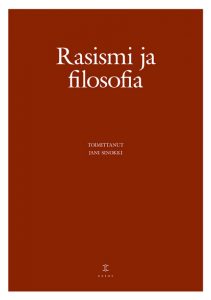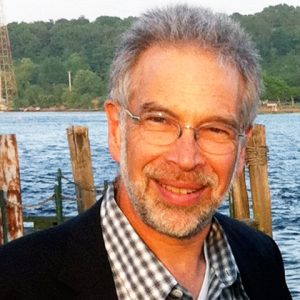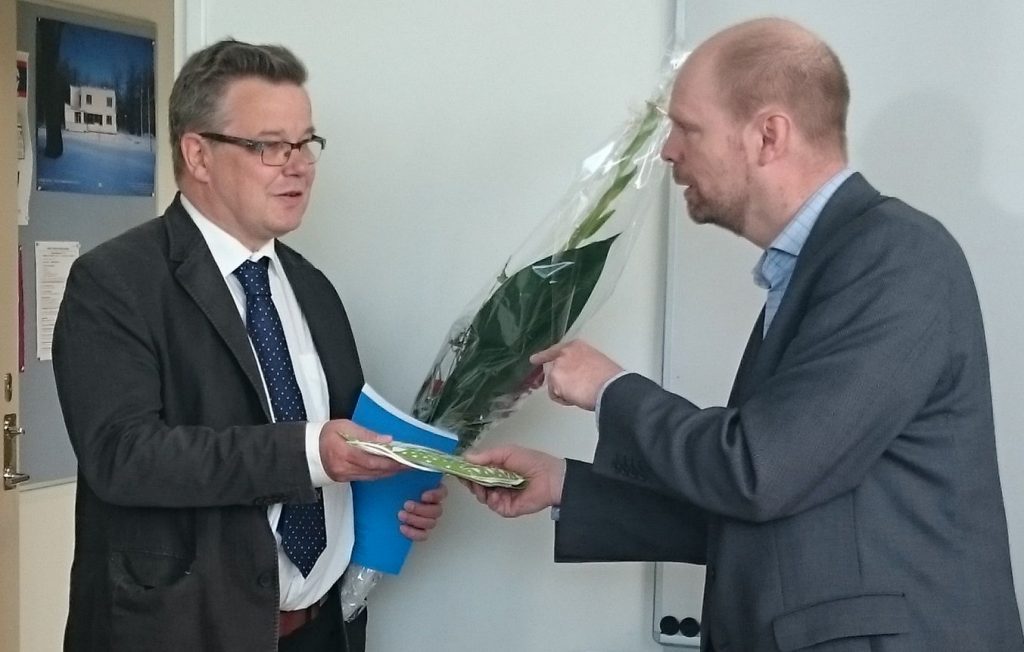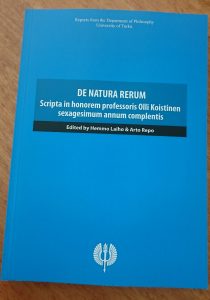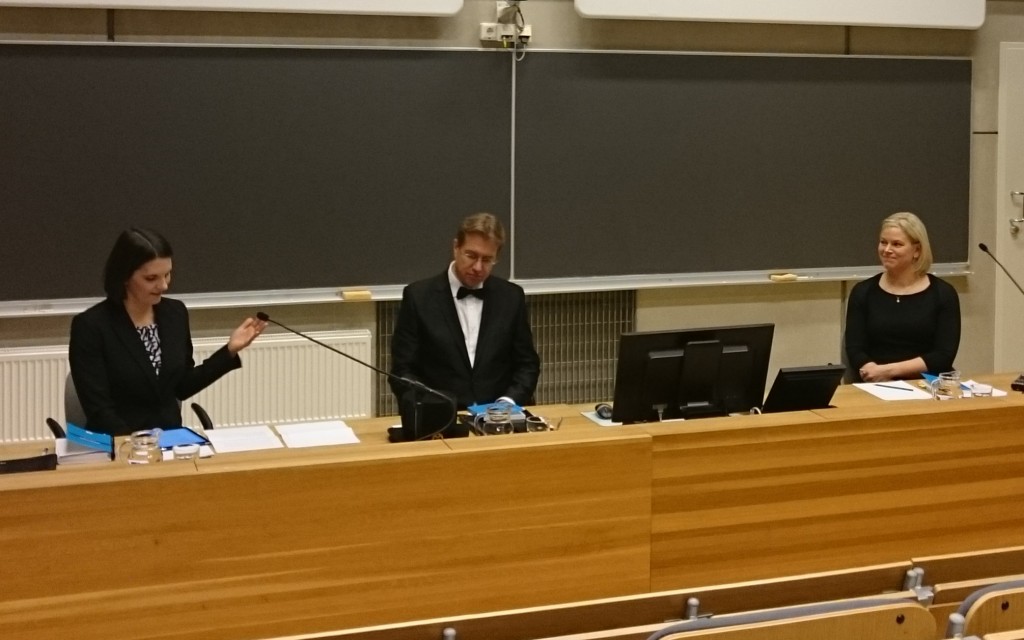Alkuperäinen kirjoitus luettavissa Aamulehdessä (20.1.2017):
LISÄYS: toinen kirjoitus samasta aiheesta Helsingin Sanomissa (10.2.2017).
Oppimistulokset nousuun ja epätasa-arvo laskuun – filosofian avullako? Viimeisimmät Pisa-tutkimukset antavat aihetta huoleen suomalaisen koulutusjärjestelmän tilasta.
Luonnontieteiden osaaminen on heikentynyt Suomessa. Tyttöjen ja poikien välinen ero luonnontieteissä on kasvanut edelleen. Lukutaidossa pojat ovat vuoden oppimäärän verran tyttöjä jäljessä yhdeksännellä luokalla. Kodin sosioekonominen asema näkyy luonnontieteiden osaamisessa noin kahden vuoden opiskelua vastaavana erona.
Lisäksi THL:n mukaan huono-osaisuuden ylisukupolvisuus, eli köyhyyden periytyminen, on todellisuutta. Hieman yllättäen paras lääke juuri luonnontieteiden, matematiikan ja lukemisen osaamisen parantamiseen saattaa olla filosofian opettaminen peruskoulussa.
Isossa-Britanniassa tehdyssä laajassa tutkimuksessa filosofiaa opetettiin yhden vuoden ajan 9- ja 10-vuotiaille. Tutkimukseen osallistui 48 koulua ja yli kolmetuhatta oppilasta. Erityistä huomiota kiinnitettiin heikommassa asemassa olevien pienituloisten perheiden lapsien pärjäämiseen.
Tutkimuksen tulokset olivat merkittäviä.
Filosofian opetusta saaneet paransivat vuoden aikana oppimistuloksiaan kahden kuukauden lisäopiskelun verran sekä lukemisessa että matematiikassa.
Erityisesti huono-osaisten perheiden lapset hyötyivät filosofiasta: heidän osaamisensa sai lukemisessa neljän, matematiikassa kolmen, ja kirjoittamisessa kahden kuukauden opiskelua vastaavan hyödyn.
Hyödyt olivat havaittavissa vielä kaksi vuotta opetuksen päättymisen jälkeen.
Nämä merkittävät hyödyt saatiin aikaan yhden viikkotunnin filosofian opettamisella tavallisten aineiden lisäksi. Kustannukset olivat alle kaksikymmentä euroa opiskelijaa kohti, ja koostuivat opettajien kouluttamisesta.
Mihin tällainen vaikutus oikein perustuu?
Tutkimuksessa käytetyssä Philosophy for Children (P4C) -menetelmässä lapsille opetetaan ajattelun taitoja ryhmäkeskusteluissa. Keskusteluja käydään tarinoiden tai videoiden pohjustamina, jotka keskittyvät tietyn käsitteen, kuten ”totuus”, ”reiluus” tai ”kiusaaminen”, ympärille.
Lapsia autetaan järkeilemään, muotoilemaan kysymyksiä ja etsimään rakentavia vastauksia. Näin he saavat samalla sitä ymmärrystä, joka auttavat heitä luovimaan sosiaalisessa ympäristössä. Tutkimuksen mukaan opetukseen osallistuneiden lapsien itsevarmuus ja ilmaisutaidot kehittyivät myös.
Filosofiset ajattelun taidot ovat hyödyllisiä luonnontieteiden, matematiikan ja lukutaidon kannalta. Myös työelämä lähes kaikilla aloilla edellyttää loogista ajattelua, argumentointitaitoa, kykyä reflektoida vaihtoehtoja sekä kantaa vastuuta omista ajatuksista ja asenteista.
Pisa-tutkimuksista ja sosiaalisesta epätasa-arvosta huolissaan olevien päättäjien kannattaisikin ottaa vaarin mainitun tutkimuksen tuloksista.
Filosofisten ajatteluntaitojen opettaminen jo alaluokilla voisi merkittävällä tavalla parantaa sekä oppimistuloksia että vähentää niihin liittyvää eriarvoistumista. Kustannukset ovat todennäköisesti hyvin pieniä suhteessa odotettaviin hyötyihin.
Jani Sinokki
Kirjoittaja on filosofian tutkija.

